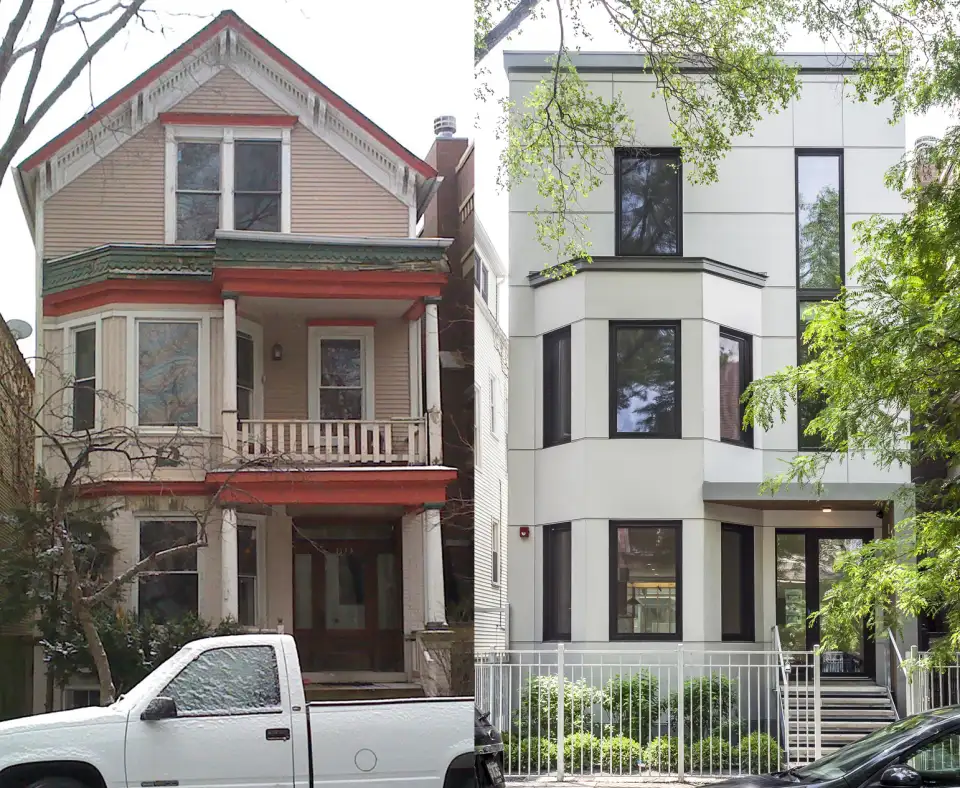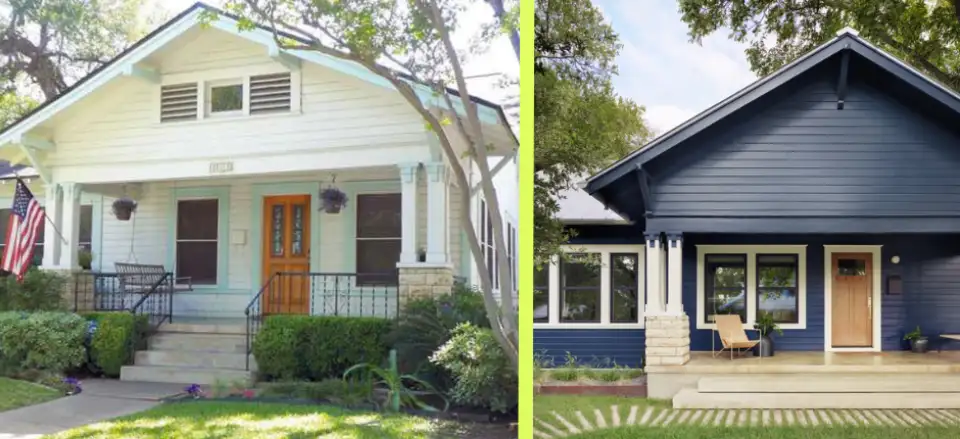Phius has debuted its new and improved retrofit standard, Phius REVIVE 2024, and is soliciting public comments on the standard until March 31st. The completely re-worked REVIVE 2024 was designed to facilitate the scaling up of passive retrofits, aiming for zero operational carbon emissions while minimizing embodied carbon emissions. Given that the standard’s redesign has been a very thoughtful, multiyear effort, summing it up would be impossible, but certainly improving the resilience of our buildings and our planet would be core principles.
Partly in response to the increasing prevalence of extreme weather events and the deepening of the climate crisis, the standard was developed with the minimum requirement of guiding the transformation of existing buildings into healthy, resilient ones in which the occupants can safely shelter for at least a week during both extreme cold or extreme heat events. Other health prerequisites include resolving critical indoor air quality issues, such as mold, radon, lead, or poor ventilation.

